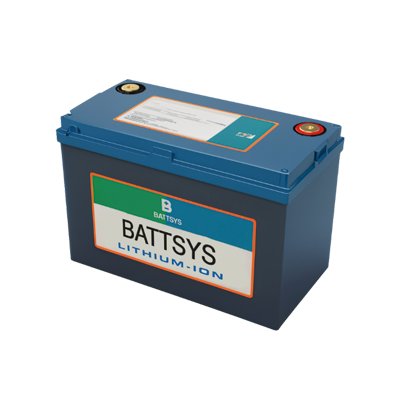what are marine batteries.
Marine batteries, as the name suggests, are batteries specifically designed and used for ships. They play a crucial role in the power system of ships, providing the necessary electricity for various equipment on board. There are various types of marine batteries, including but not limited to lead-acid batteries, lithium-ion batteries, etc. The selection of these batteries depends on the specific needs and usage environment of the ship.
The main characteristics of
marine batteries include high reliability, long lifespan, and the ability to operate stably in harsh marine environments. Due to the fact that ships typically navigate in waters far from land, the autonomous power supply capability of marine batteries is particularly important. In addition, marine batteries also need to have the ability to adapt to ship vibrations and shaking to ensure normal operation in various sea conditions.

The application range of marine batteries is wide, including but not limited to propulsion systems, navigation systems, communication equipment, and various other electronic devices of ships. They are not only the guarantee for normal navigation of ships, but also an important part of ensuring ship safety.
When choosing marine batteries, multiple factors need to be considered, including battery performance, lifespan, maintenance requirements, cost, and compliance with relevant international and industry standards. In addition, it is necessary to consider the specific requirements of the vessel, such as navigation route, navigation time, equipment load, etc., to ensure that the selected battery can meet the long-term operational needs of the vessel.
Overall, marine batteries are an indispensable part of the ship's power system, and their selection and use directly affect the safety, efficiency, and environmental performance of the ship.
